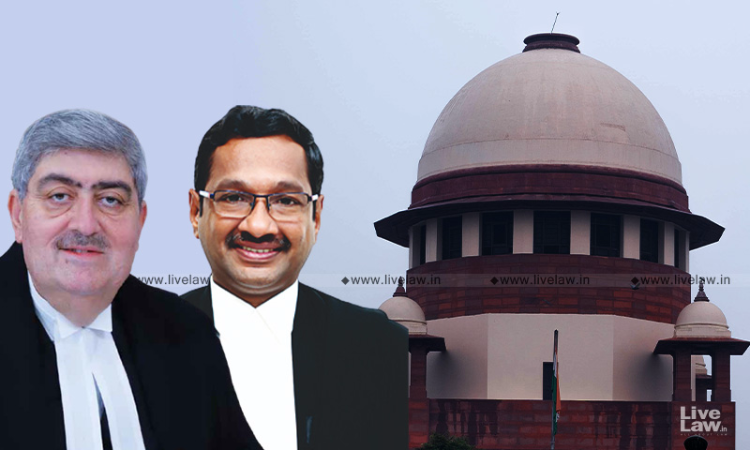The Supreme Court observed that the principle of preferential candidates would apply when there is a tie between the preferential candidate and a general candidate and the person who is to be treated as a preferential can be given a mark over a general candidate.Rule 55 of Tamil Nadu State and Subordinate Service Rules read thus: Notwithstanding anything contained in these rules or in the...

